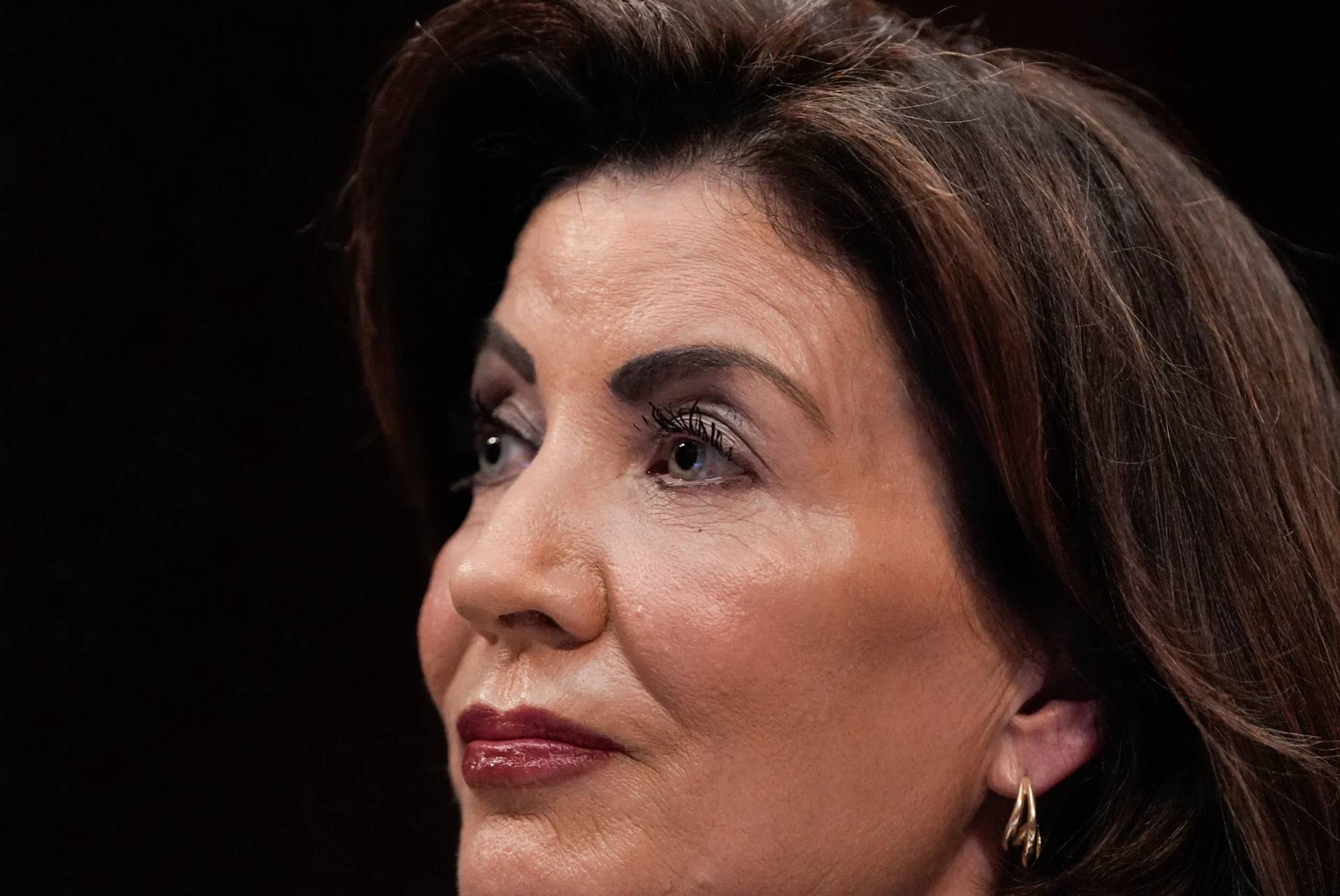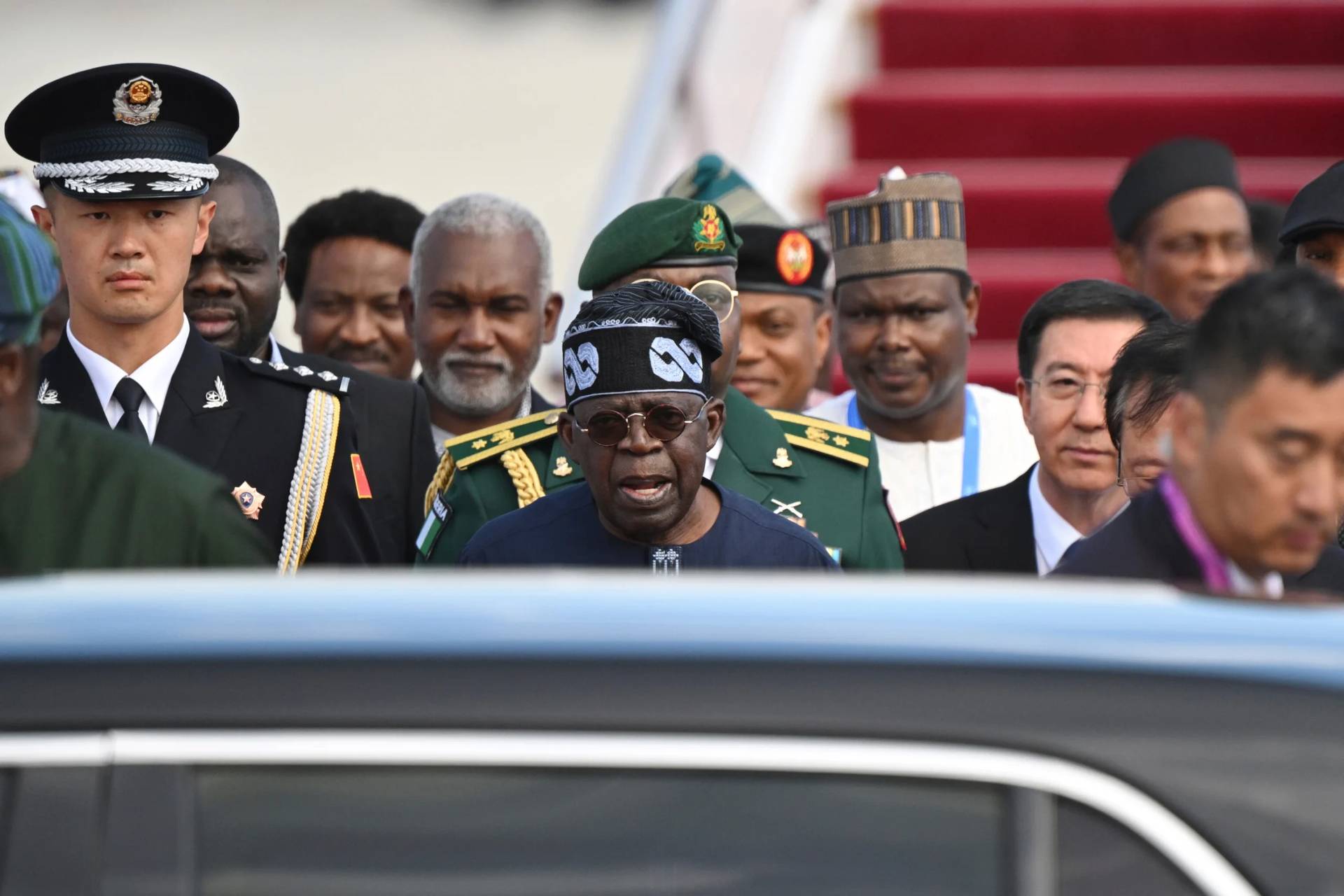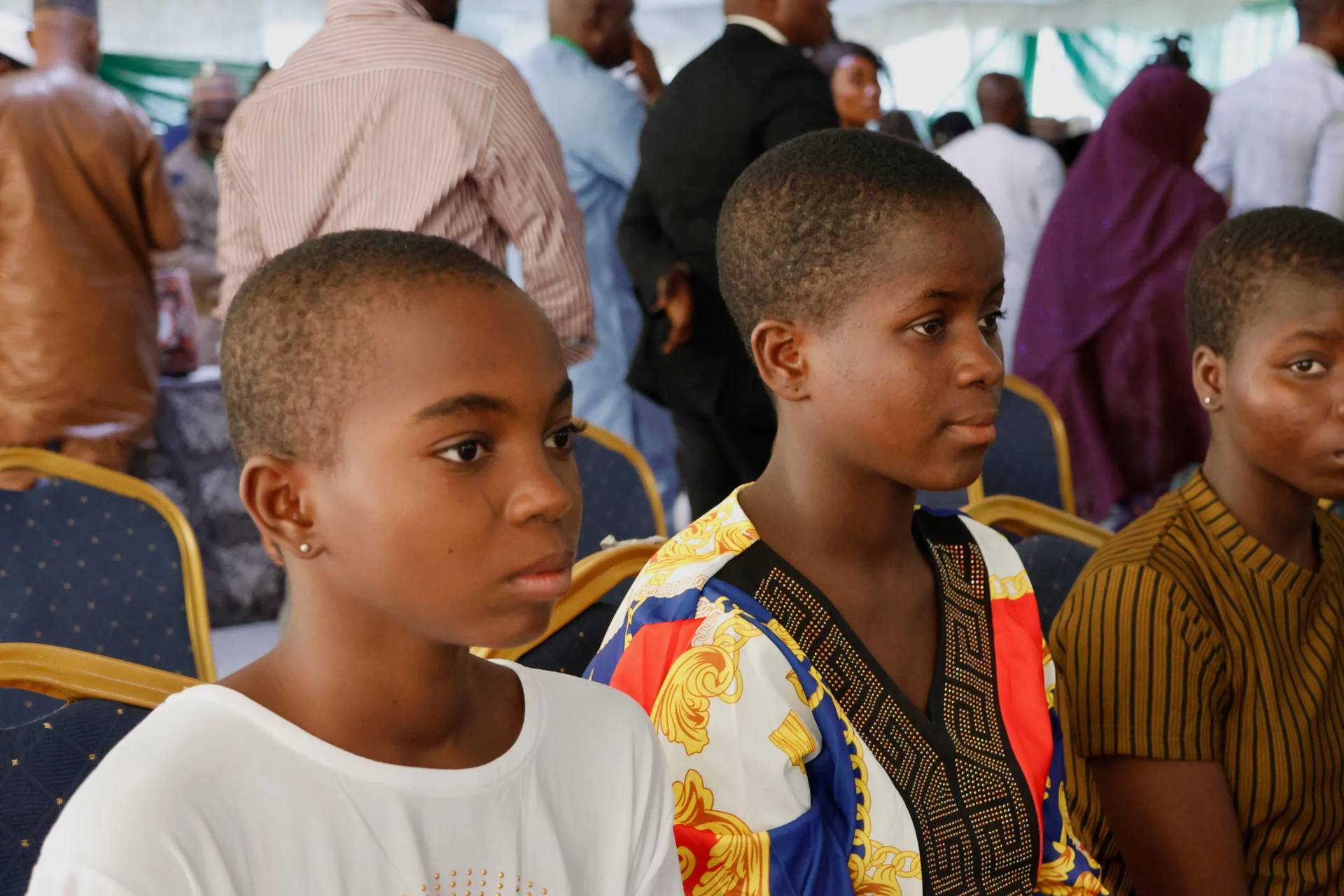YAOUNDÉ, Cameroon – As Cameroon forces battle separatists in the country’s English-speaking northwest and southwest regions, the Diocese of Kumbo in the northwest has questioned the accuracy of conflicting accounts of civilian casualties from the government and a major NGO, suggesting both may be underestimating the real death toll.
In its 2019 report, the activist group Human Rights Watch claimed that more than 170 people have been killed in the crisis since October 2018. The report further states that since the conflict escalated in 2017, some 420 civilians have been killed by belligerents.
Human Rights Watch also accused the Cameroon military of having carried out “extrajudicial executions, burned property, carried out arbitrary arrests, and tortured detainees.”
The government rejected that report as “biased.”
The Communication Minister said the report reflected “a systematic tendency to discredit public authorities, and the Cameroonian government categorically refutes these accusations made recklessly against Republican Forces engaged in a struggle to preserve the territorial integrity of the state and the protection of persons and property.”
For its part, the Catholic Church has said that neither party is offering a proper accounting.
In an exclusive interview with Crux, Father Elvis Nsaikila Wanyu Njong, the Kumbo diocesan Director of Communications, said that Human Rights Watch “can only give (numbers) of those deaths they have verified and are sure of.” Meanwhile, he said, “the government has rather been on the defensive.”
“Our Justice and Peace Commission has been documenting,” Nsaikila said. “There are many people being killed daily and they (government and HRW) may not take note.”
The priest’s conviction stems from a report by the Kumbo Diocesan Justice and Peace Commission on “the deteriorating situation within the Diocese of Kumbo.”
The report published April 8 states that since the close of 2016, a total of 358 civilians have been killed by the belligerent parties in that diocese alone – a figure likely to be even higher, since corpses are still being discovered.
“It is hard to know the number of state forces or pro-independence fighters that might have been killed,” Nsaikila told Crux.
“There have recently been disappearances and corpses found in various communities time and again. Within the last seven months, several civilians have been killed. Some of those killed have been persons with disabilities and the aged who could not run away to safety,” the report states.
The report also talks about cases of looting and rape, and notes that there may be individuals using the crisis situation as a smokescreen for settling personal scores.
It said thousands of people have been displaced – more than 9,900 of them as of August 2018 in the diocese’s 34 parishes.
“Many live for days and weeks in the farms and bushes. Kumbo, the seat of the diocese, is largely deserted and many settlements are turning to ruins,” the report states.
It said within the past seven months, many houses, business centers, and private and public properties have been destroyed.
“In all, over 750 houses and structures have been burned in the diocese since the end of 2016 – a figure that is also likely to be higher,” he explained.
He said it’s “scary” that such figures should be coming from the Kumbo diocese alone, suggesting the total figure of just 420 given by Human Rights Watch that is disputed by the government is a gross underestimate.
He blamed pro-independence fighters for blocking roads, crippling economic activities and disrupting the education and social life of the diocese.
“There have been repeated reports of abductions, and in some cases, reported torture and demands for ransoms. These abductions have included the disquieting saga of Saint Augustine’s College: 176 members of the college were abducted on 16 February 2018, including 170 students generally below 18 years of age,” Nsaikila said.
“Three priests who tried to follow the trail of the abductees were also detained, and all were only released the following evening. The incident forced the institution to close down, alongside the Minor Seminary.”
He also bemoaned the effect the crisis has had on healthcare.
Kumbo is home to Saint Elizabeth General Hospital and Cardiac Centre, Shisong (the only cardiac care center in West and Central Africa, both owned by Catholics), Banso Baptist Hospital (B.B.H), and a center run by psychiatrist Dr. Eric Gohla. “Several people are said to have died at home who might have survived if they had access to health facilities,” Nsaikila said.
“It’s hard to imagine how many lives are being lost for the simple reason that patients are not able to move,” he said.
Nsaikila said the crisis means medication and other hospital provisions can’t flow to the area, and patients referred to those hospitals often get stuck.
“Those from around, who might manage to find a motorbike to transport them, pay huge sums of money to get to the health facilities. They end up not having money to foot hospital bills or pay for medication,” the priest said.
The situation has been worsened by attacks on hospital personnel, including three nurses killed.
“State forces have entered health facilities with firearms, supposedly searching for anyone suspected to be a pro-independence fighter undergoing treatment,” he said.
Nsaikila said pastoral activities are slowing down and becoming “more tortuous,” even if no parish has completely shut down. He said that fact alone is “evidence of our deepening faith,” praising clergy and faithful for such commitment.















